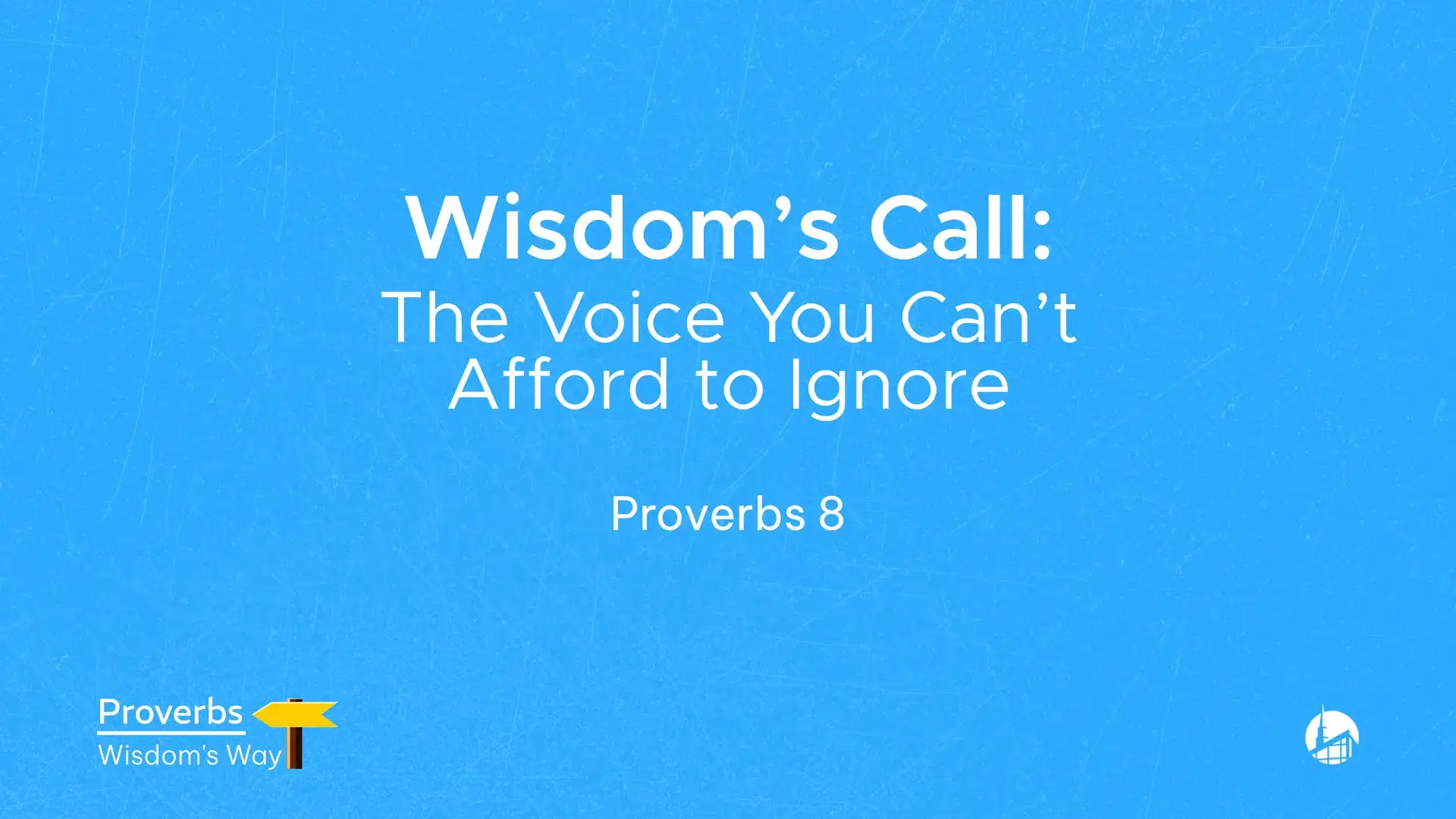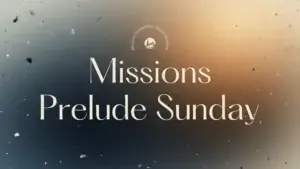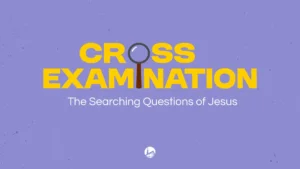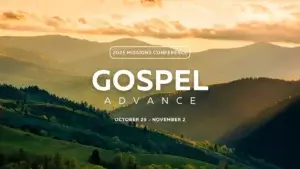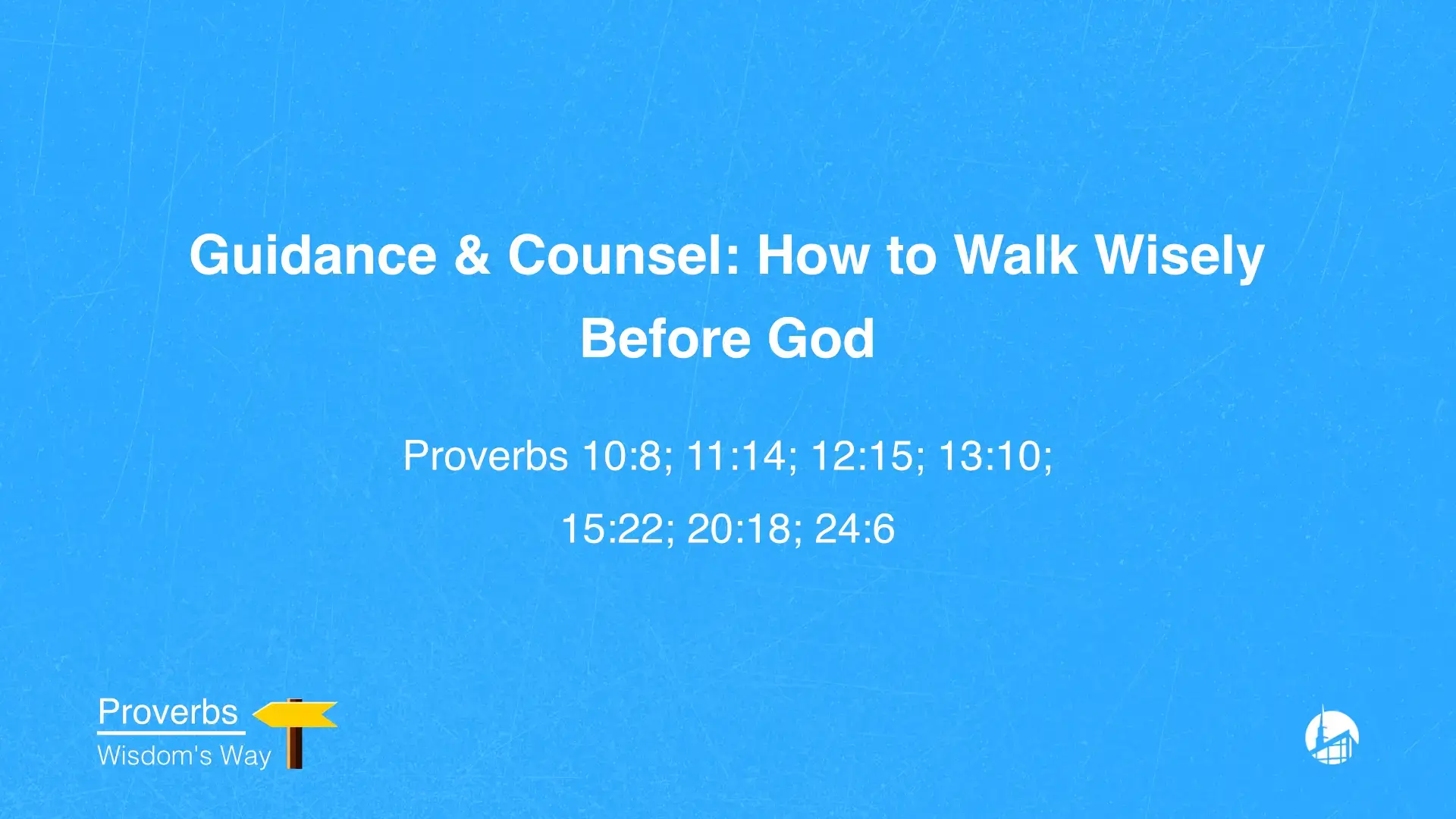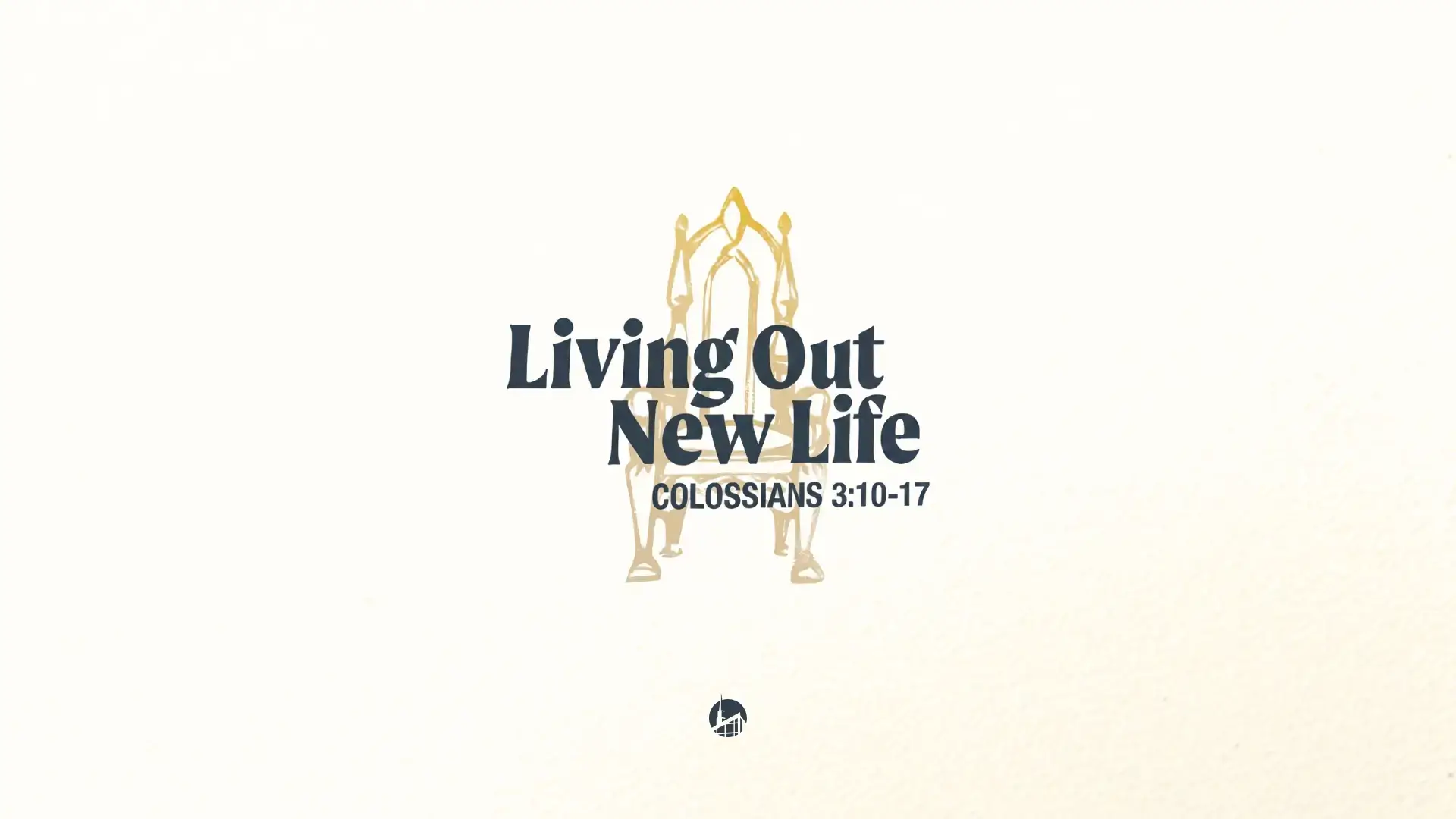In a world filled with competing voices (opinions, philosophies, and endless distractions) Proverbs 8 offers a clear, divine message: the voice of wisdom. Pastor Léveillé’s sermon draws from this powerful chapter to remind us that God’s wisdom is not hidden or passive. It is a vibrant, active call to live righteously, make wise choices, and walk a path of eternal purpose. Wisdom cries out to all, from the simple to the hardened fool, offering life itself. This article unpacks the sermon’s key insights, urging us to heed the voice we cannot afford to ignore.
Wisdom Is Calling – Will You Listen? (Proverbs 8:1-11)
Proverbs 8 begins with a vivid picture of wisdom personified, crying out in public places: “Doth not wisdom cry? and understanding put forth her voice?” (Proverbs 8:1). She stands in high places, at city gates, and along the paths where decisions are made, calling to all: “Unto you, O men, I call; and my voice is to the sons of man” (Proverbs 8:4). Wisdom addresses two groups—the simple, those naive and impressionable due to youth or inexperience, and fools, those hardened by pride and poor choices. Her message is clear: “Hear; for I will speak of excellent things; and the opening of my lips shall be right things” (Proverbs 8:6). Her words are truth, righteousness, and plain to those who seek understanding (Proverbs 8:7-9). Pastor Léveillé emphasizes that wisdom is not elusive or reserved for the elite. It meets us where we live, at the crossroads of life’s decisions whether choosing a spouse, a career, or a moral path. The challenge is to choose wisdom over fleeting treasures: “Receive my instruction, and not silver; and knowledge rather than choice gold. For wisdom is better than rubies; and all the things that may be desired are not to be compared to it” (Proverbs 8:10-11). Wisdom’s call is loud, but we must choose to listen, lest we miss the path to true riches.
Wisdom Is Pure – Can You Trust Her? (Proverbs 8:12-21)
Wisdom’s purity and trustworthiness shine in verses 12-21. She declares, “I wisdom dwell with prudence, and find out knowledge of witty inventions” (Proverbs 8:12). Prudence here implies thoughtful planning and moral caution, not manipulation. Wisdom is practical, guiding us in daily choices, from parenting to leadership. A key marker of wisdom is the fear of the Lord: “The fear of the Lord is to hate evil: pride, and arrogancy, and the evil way, and the froward mouth, do I hate” (Proverbs 8:13). True wisdom requires not just knowing God’s Word but hating what He hates—evil in all its forms. Pastor Léveillé warns that accumulating Bible knowledge without rejecting evil leaves us unwise. Wisdom empowers leaders: “By me kings reign, and princes decree justice” (Proverbs 8:15). It promises lasting rewards: “Riches and honour are with me; yea, durable riches and righteousness” (Proverbs 8:18). Unlike worldly wealth, which fades, wisdom offers enduring fruit and righteousness. Solomon’s life illustrates this—his early pursuit of wisdom brought prosperity, but his later failure to hate evil led to ruin. Wisdom is trustworthy, but we must love and seek her: “I love them that love me; and those that seek me early shall find me” (Proverbs 8:17).
Wisdom Is Eternal – Will You Worship Her Creator? (Proverbs 8:22-31)
Wisdom’s eternal nature is revealed in verses 22-31, tying her to God’s creative work: “The Lord possessed me in the beginning of his way, before his works of old” (Proverbs 8:22). Wisdom was not created but is foundational to God’s nature, present before the earth, mountains, or seas were formed (Proverbs 8:24-29). Every aspect of creation, from the heavens to the depths, reflects God’s orderly, beautiful wisdom. Pastor Léveillé notes that applying wisdom to our lives produces something equally beautiful: a marriage, family, or personal character that God calls “very good.” Wisdom delights in humanity: “Rejoicing in the habitable part of his earth; and my delights were with the sons of men” (Proverbs 8:31). Many see in this passage a foreshadowing of Christ, the Word through whom “all things were made” (John 1:3). Colossians 2:3 affirms this: “In whom are hid all the treasures of wisdom and knowledge.” To know wisdom is to know Christ, not only as Savior but as the guide for every choice. Ignoring wisdom is to ignore Christ Himself, while embracing it leads to a life that glorifies its Creator.
Conclusion
Proverbs 8 closes with a sobering choice: “For whoso findeth me findeth life, and shall obtain favour of the Lord. But he that sinneth against me wrongeth his own soul: all they that hate me love death” (Proverbs 8:35-36). Wisdom is not automatic; we must hearken to her call and reject evil. Pastor Léveillé challenges us teenagers, young adults, and seasoned believers alike to ask: Do we truly want wisdom? Rejecting it is not neutral; it harms our souls, relationships, and legacy. Solomon’s son, Rehoboam, ignored wisdom and divided a kingdom. In contrast, those who listen, like the repentant John Newton, find life and favour with God. Wisdom cries out, pointing us to Christ, the source of all wisdom. Will we quiet the noise, hate evil, and choose the voice we cannot afford to ignore? Let us pray, as Pastor Léveillé did, for the resolve to seek wisdom, apply it, and live for God’s glory.

